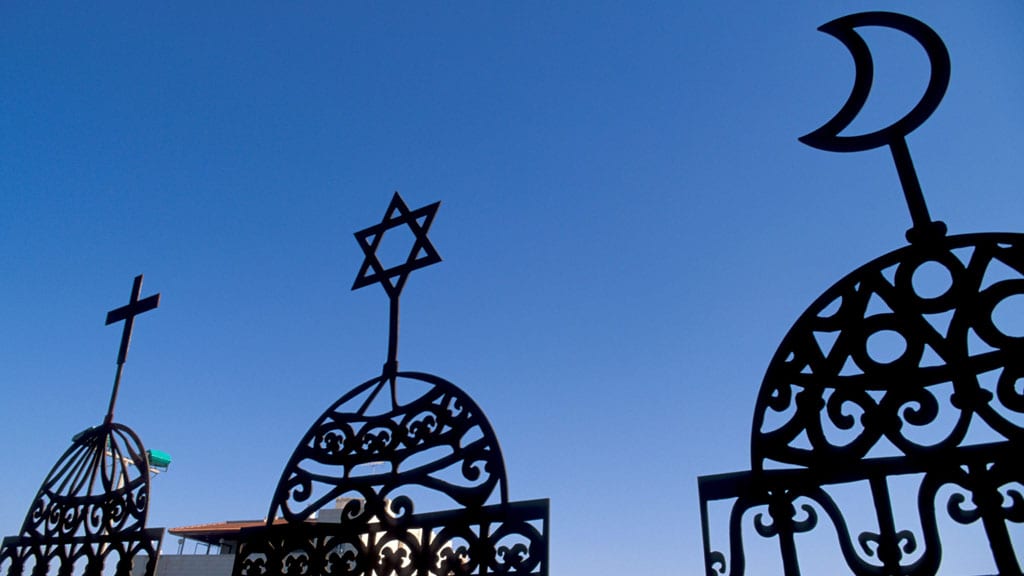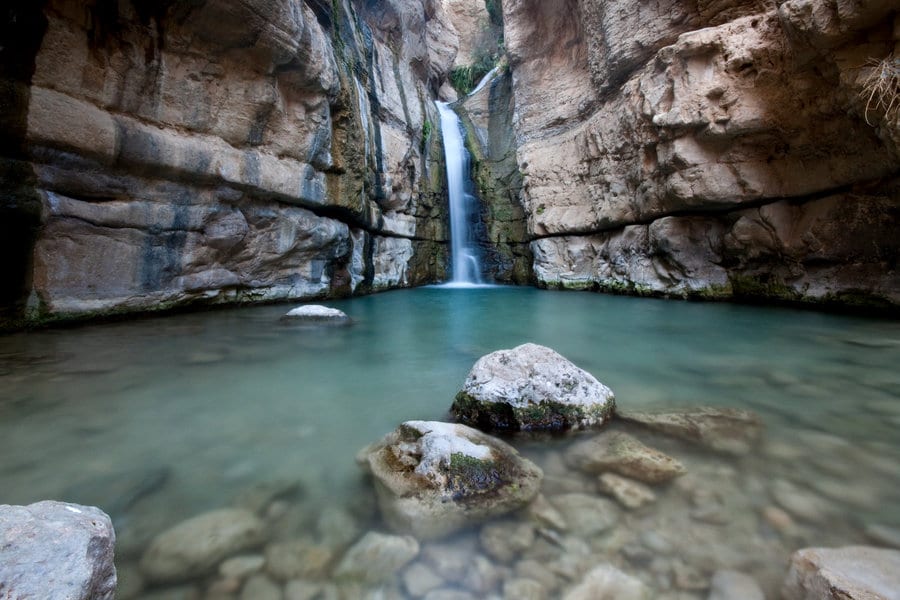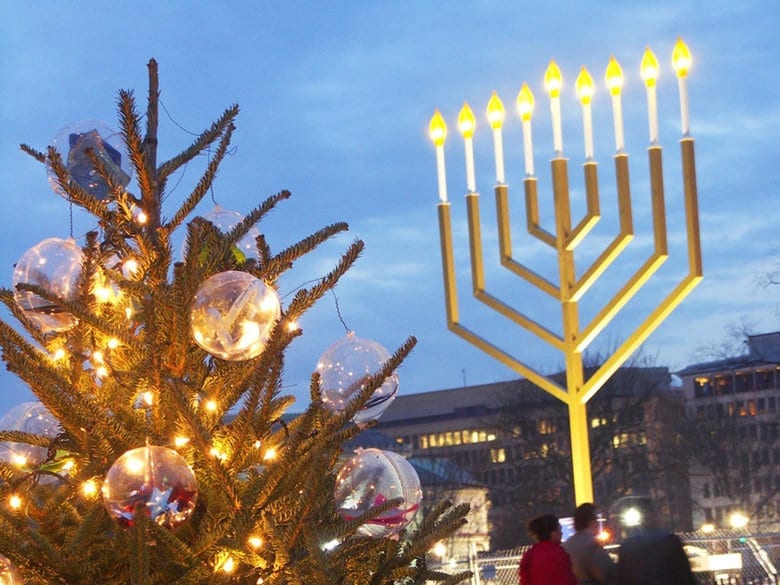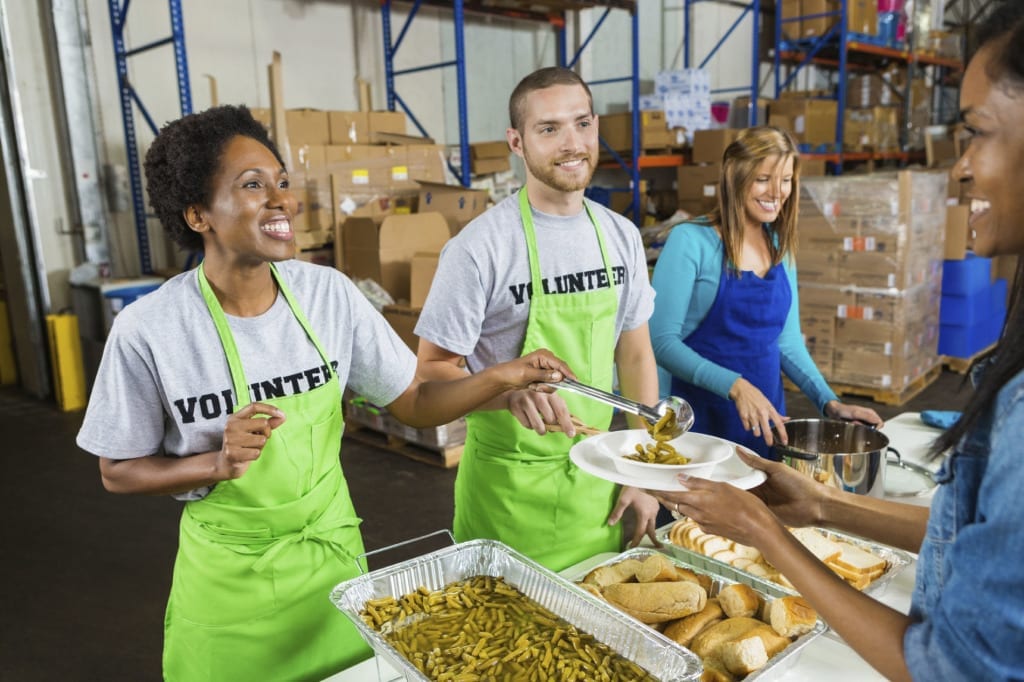Social media is a key tool for communication today, particularly in areas marred by political conflict. Platforms such as Facebook and Twitter are well-known for giving a voice to those who likely wouldn’t have a platform otherwise.
In recent years, these same platforms have played a major role in how religious and ethnic groups relate to one another. Thanks to social media, those who wish to meet other like-minded people simply need to make an account to participate in the conversation. Not only does this help generate support for peace-building initiatives such as economic cooperation, study opportunities and community service projects, but it humanizes those affected by conflict. It’s not uncommon that residents under two feuding governments have not met someone on the “other side,” and getting that opportunity simply to meet and work together – even virtually – can be transformational.
Social media isn’t just for feel-good conversations and basic camaraderie – it builds the kind of grassroots support that collaborative initiatives need to thrive. Instead of feeling helpless through cycles of peace talks and military operations, new and out-of-the-box ideas can be shared with other like-minded individuals in a matter of seconds. These ideas which may have once been confined to someone’s living room are now available to millions of people in an instant. It’s a new way of demonstrating the power of the people – likes, shares and comments are the digital equivalent of turning out to a town hall meeting.
Early on, the Menorah Islands Project understood the importance of social media to share our goals, and the results did not disappoint. When the Menorah Islands Project began sharing its ideas on social media, we knew that we were participating in a larger online conversation about the Arab-Israeli conflict. We knew that like-minded people with Facebook accounts would find us and hopefully be inspired by what we had to say. And we were right – our Facebook page took off immediately. Close to 250,000 people as of this writing – and growing every day – like our Facebook page to receive regular updates on the Menorah Islands Project and other peace-building collaborations around the world.
Once we saw how enthusiastically the Menorah Islands Project was embraced on Facebook, we took our message to other platforms to connect with the people there. Joseph Aoun, the president of the Islands of Peace organization which oversees the Menorah Islands Project, connects with hundreds of other professionals who dedicate their lives to changing the stale and difficult status quo in the Middle East. Our just-launched Twitter page reaches a whole other audience of like-minded individuals, sharing the newest developments and reaching out to others who have the same hopes and ideas to make peaceful coexistence a reality.
And that’s just social media. Our website is a home for information not just about the practical details of our plans, but the deep meaning behind the project and how it can inspire others. Our informative blog dives deep into how economic collaboration can solve many of the Middle East’s problems. Our media page shares the wonderful articles published about our project in the United States, Israel, Russia and many other places around the world.
All these avenues to connect to the public are central to connecting people of like minds around the world. Millions of people have read about our mission since launching online. That proved our most important point: people around







Leave A Comment